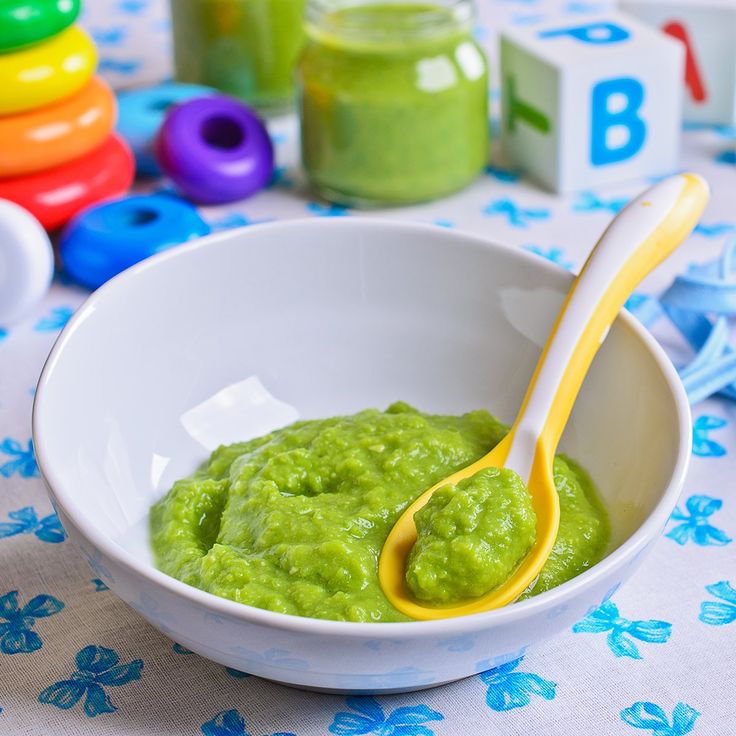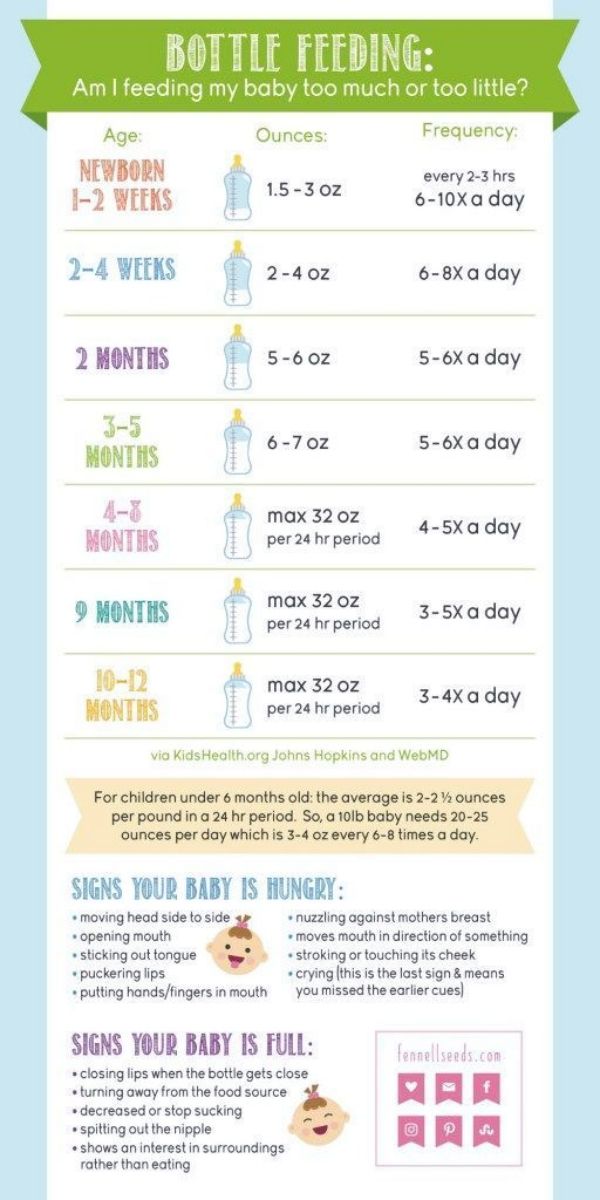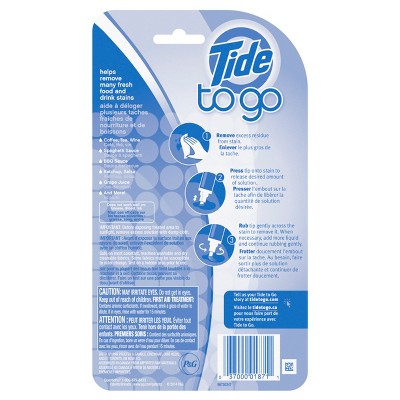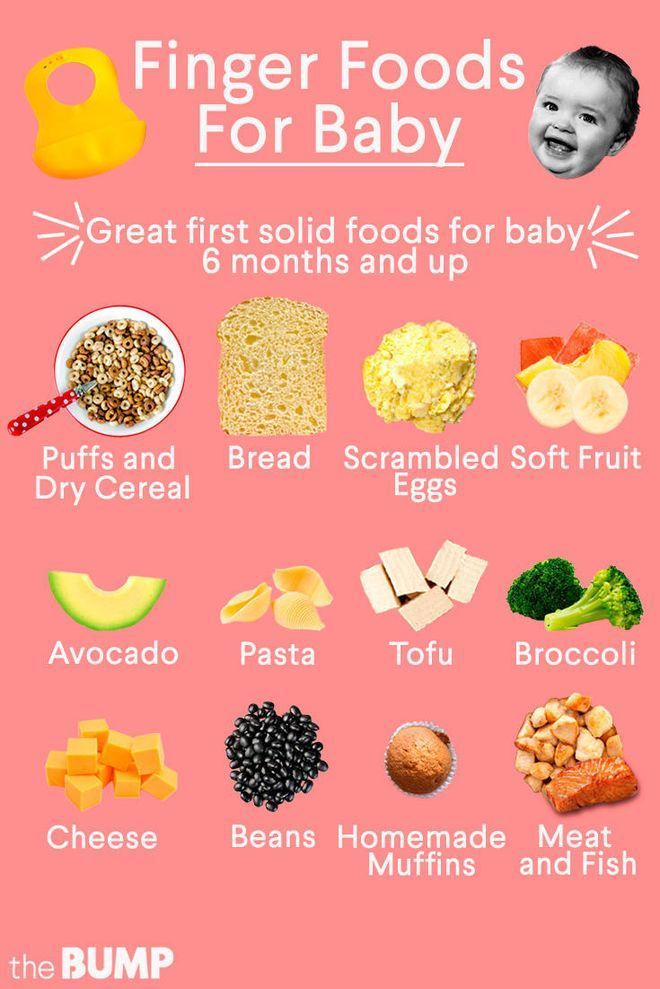Formula feeding second baby
My Experience Breastfeeding One Baby and Formula Feeding Another
Let’s talk about the “F” word. No, not the one that we hope our toddler doesn’t repeat as it escapes our lips accidentally! I’m talking about one that causes even more controversy . . . feeding! It seems that one of the main topics of motherhood is how women decide to feed their babies. For something that is an absolute universal part of caring for children, it feels like an obvious bond mothers share. But it really isn’t. And it can’t be because each mother’s experience is unique.
Each Feeding Journey is Unique
Each mother has such a unique experience in their feeding journey; it is impossible to compare situations. Mothers make decisions based on their baby’s needs, what works in their family’s daily life, and their milk supply vs. the baby’s demand. Choosing how to feed your baby can become one of the hardest first decisions you have to make. I had to make it three different times, and none of them looked the same!
When I was pregnant with my first child six years ago, I was a young newlywed with stars in my eyes about entering motherhood. I bought all the books and signed up for all the classes, and my body confidence and abilities were running super high. But, I was naive and unassuming, so I didn’t quite understand the big deal around this topic.
Like many new mothers, I had been inundated with the propaganda that “breast is best.” I was told that breastfeeding is a natural ability we have as women, so of course, that was what I was going to do. I never gave any other situation a thought. However, after an unexpected, early birth while I was out of state, I quickly realized that my planning was instantly thrown out of the window. My feeding journey with my son was everything I didn’t expect, but it was beautiful, nonetheless.
My formula-feeding journey came first.
We had a rocky start in our partnership, my son and I. I thought breastfeeding was a natural bond we would share, but I learned it wasn’t happening that way on day five of his life. He was lethargic, his diaper was dry, and we were flying to the pediatrician’s office.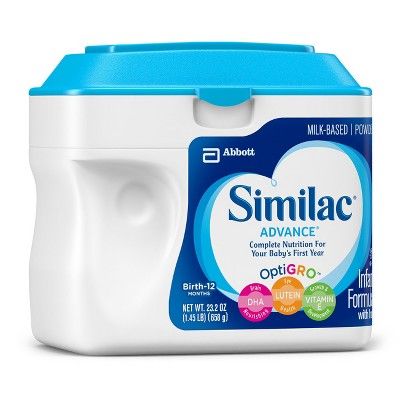 He was dehydrated, he had lost weight, and he was hungry.
He was dehydrated, he had lost weight, and he was hungry.
My wonderful pediatrician decided we were going to feed him right there. I started to cry, realizing I wasn’t in a state emotionally to unhook my nursing bra and feed him. He sensed my hesitation (honestly, dread) and asked if I had ever heard of supplemental formula. The suggestion stung; I won’t lie. Of course, I’ve heard of formula. But wasn’t my son not old enough for it? Doesn’t he need my breastmilk? I racked my brain silently through all the pages of the books I had read, preparing for this baby, and I was coming up blank on this topic.
As I fumbled to get my son on my breast, my nipples were as dry as my poor baby’s diaper. There was nothing there at that moment to nourish him. Except, there was! There was a wonderful bottle of nutritious formula, specially created by award-winning scientists, waiting to feed him. Guess what? He ate it all, burped, and smiled. His overall state, physically and emotionally, changed in an instant.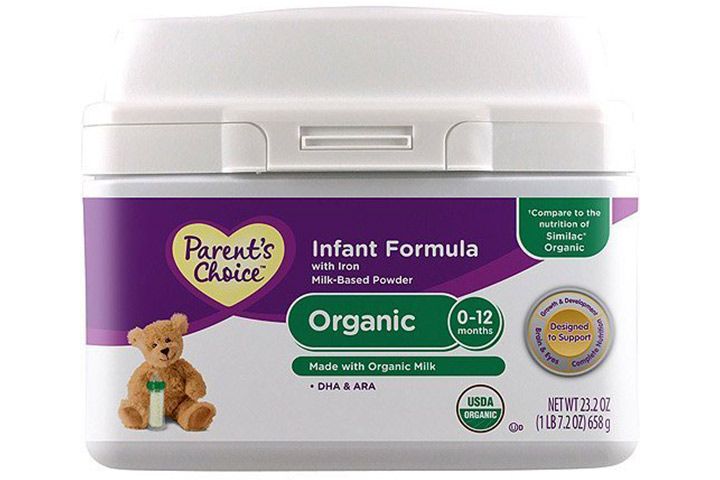
My son was hungry, and I was unable to feed him, despite my best efforts. After meeting with lactation consultants, and my doctors and watching my son’s cues and weight gain, we decided to switch to exclusive formula feeding a few weeks later. Not only did he change, but I did too. A weight was lifted off my shoulders, and I felt like I could breathe easier. I measured out amounts, kept track of his feeds, and visually saw the bottle emptying into his hungry tummy. He was thriving. And the predictability and stability of formula feeding helped me thrive as well.
Sure, there were moments I was sad that I wasn’t breastfeeding. But it was fabulous to get to share the feeding responsibilities with family and friends. Formula feeding my son helped me feel powerful and in control, and I felt like I could truly nourish him with my decision.
My breastfeeding journey surprised me.
Just as each mother has to make a different decision for her family, sometimes the same mom has to make different decisions for each of her children!
When my formula-fed son was two, we had our first daughter.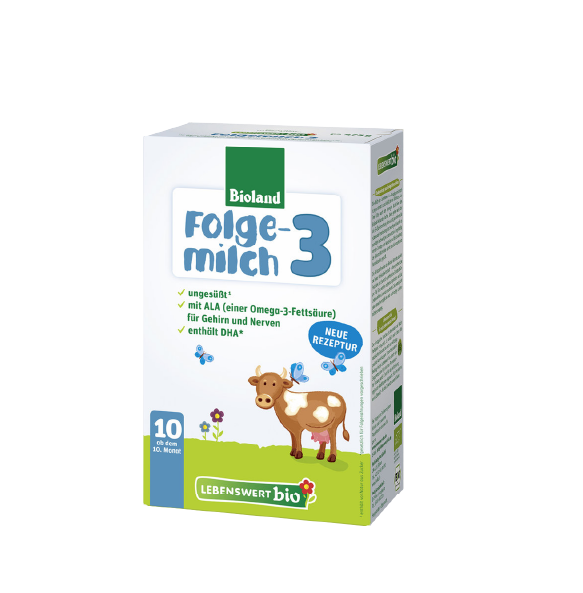 Our experience with her, and my experience with my body, was completely foreign from our first go. My daughter seemed to naturally and easily eat from my breasts. She showed all signs that I was producing enough for her, and she was gaining weight. I was in shock because, so far, I had only been a formula-feeding mom. Now, here I am, an exclusively breastfeeding mom.
Our experience with her, and my experience with my body, was completely foreign from our first go. My daughter seemed to naturally and easily eat from my breasts. She showed all signs that I was producing enough for her, and she was gaining weight. I was in shock because, so far, I had only been a formula-feeding mom. Now, here I am, an exclusively breastfeeding mom.
The breastfeeding struggles still ensued, though. Even though I was happy about this, there were things we didn’t expect. She wouldn’t eat from a bottle when we needed her to, making me the only one who could feed her. That was a really tough part of my feeding journey because it kept her and me together one hundred percent of the time. She was very attached to me, which weighed on my husband since he was used to feeding our first baby.
My daughter truly seemed to enjoy feeding this way. She was comforted easily and thriving in her development. Even though I couldn’t see the amount of milk she was getting, I learned to trust her cues, and we got into a nice rhythm.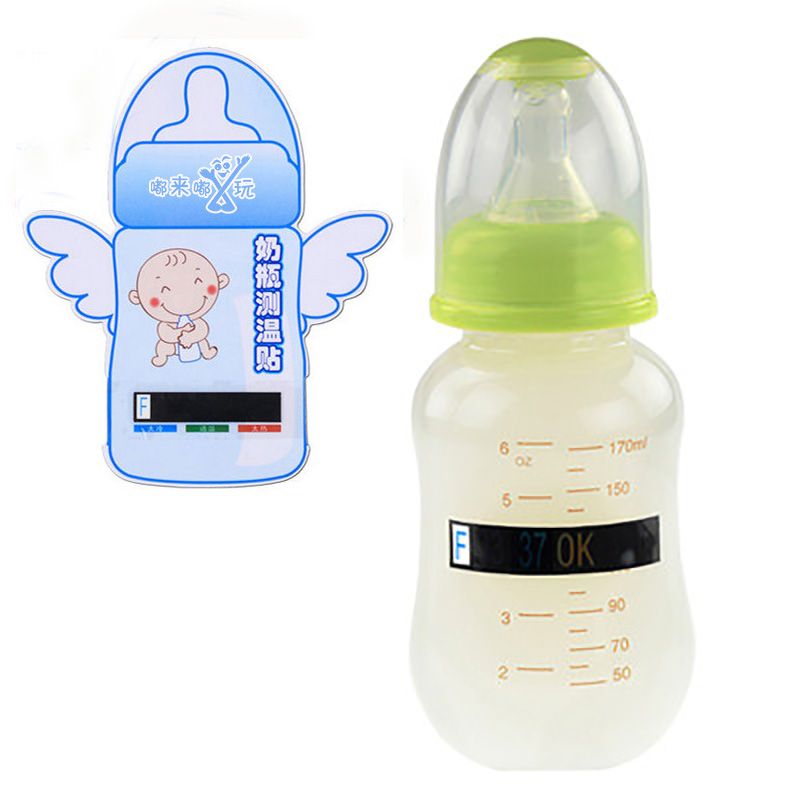 My breastfeeding journey was a life change, and it helped me realize that things will never be the same between my children. I have to be ready to adapt and change and make what they need work. Breastfeeding my daughter helped me to feel powerful and in control. I felt like I was able to truly nourish her with my decision.
My breastfeeding journey was a life change, and it helped me realize that things will never be the same between my children. I have to be ready to adapt and change and make what they need work. Breastfeeding my daughter helped me to feel powerful and in control. I felt like I was able to truly nourish her with my decision.
I came to learn that “fed is best.”
My experience breastfeeding one baby and formula feeding another (and combining the two for my third) were life-changing events. As a mother who has done both, I can really ride the center of the fence when giving advice or lending a listening ear to mothers trying to make this decision. I have caught the criticism and praise on both ends of the spectrum.
There have been other women who praise me for choosing my mental health by leaning on formula. Then there are the women who tell me I should have worked harder to feed him myself and that I was lazy for leaning on formula. Eventually, I realized that I couldn’t please everyone.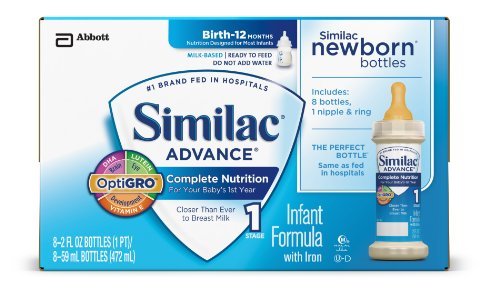 I didn’t have the energy to worry about it and honestly didn’t care what they thought.
I didn’t have the energy to worry about it and honestly didn’t care what they thought.
Whether you are formula or breastfeeding your child, you are feeding them. They are growing because of your love and affection, holding them close as they drink down their meals. “Fed is best” is the most accurate saying I’ve ever come across in parenting. We wish you the best of luck in your individual feeding experiences.
Breastfeeding vs. Formula Feeding (for Parents)
Choosing whether to breastfeed or formula feed their baby is one of the biggest decisions expectant and new parents will make.
Healt experts believe breast milk is the best nutritional choice for infants. But breastfeeding may not be possible for all women. For many, the decision to breastfeed or formula feed is based on their comfort level, lifestyle, and specific medical situations.
For moms who can't breastfeed or who decide not to, infant formula is a healthy alternative. Formula provides babies with the nutrients they need to grow and thrive.
Some mothers worry that if they don't breastfeed, they won't bond with their baby. But the truth is, loving mothers will always create a special bond with their children. And feeding — no matter how — is a great time to strengthen that bond.
The decision to breastfeed or formula feed your baby is a personal one. Weighing the pros and cons of each method can help you decide what is best for you and your baby.
All About Breastfeeding
Nursing can be a wonderful experience for both mother and baby. It provides ideal nourishment and a special bonding experience that many mothers cherish.
A number of health organizations — including the American Academy of Pediatrics (AAP), the American Medical Association (AMA), and the World Health Organization (WHO) — recommend breastfeeding as the best choice for babies. Breastfeeding helps defend against infections, prevent allergies, and protect against a number of chronic conditions.
The AAP recommends that babies be breastfed exclusively for the first 6 months.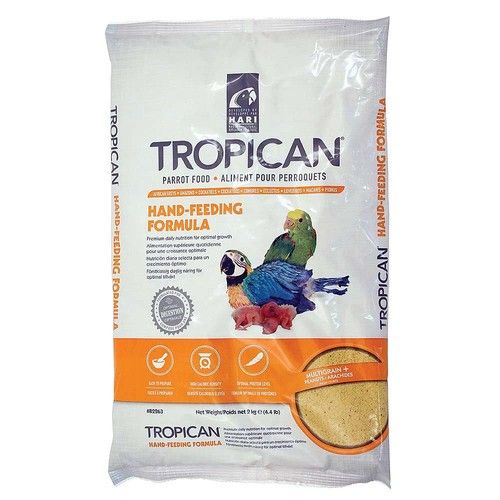 Beyond that, breastfeeding is encouraged until at least 12 months, and longer if both the mother and baby are willing.
Beyond that, breastfeeding is encouraged until at least 12 months, and longer if both the mother and baby are willing.
Here are some of the many benefits of breastfeeding:
Fighting infections and other conditions. Breastfed babies have fewer infections and hospitalizations than formula-fed infants. During breastfeeding, antibodies and other germ-fighting factors pass from a mother to her baby and strengthen the immune system. This helps lower a baby's chances of getting many infections, including:
- ear infections
- diarrhea
- respiratory infections
- meningitis
Breastfeeding also may protect babies against:
- allergies
- asthma
- diabetes
- obesity
- sudden infant death syndrome (SIDS)
Breastfeeding is particularly beneficial for premature babies.
Nutrition and ease of digestion. Often called the "perfect food" for a human baby's digestive system, breast milk's components — lactose, protein (whey and casein), and fat — are easily digested by a newborn.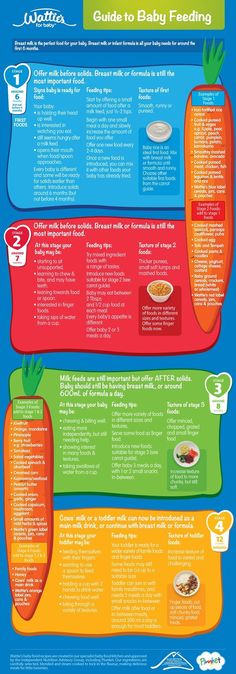
As a group, breastfed infants have less difficulty with digestion than do formula-fed infants. Breast milk tends to be more easily digested so that breastfed babies have fewer bouts of diarrhea or constipation.
Breast milk also naturally contains many of the vitamins and minerals that a newborn requires. One exception is vitamin D — the AAP recommends that all breastfed babies begin receiving vitamin D supplements during the first 2 months and continuing until a baby consumes enough vitamin D-fortified formula or milk (after 1 year of age).
The U.S. Food and Drug Administration (FDA) regulates formula companies to ensure they provide all the necessary nutrients (including vitamin D) in their formulas. Still, commercial formulas can't completely match breast milk's exact composition. Why? Because milk is a living substance made by each mother for her individual infant, a process that can't be duplicated in a factory.
Free. Breast milk doesn't cost a cent, while the cost of formula quickly adds up.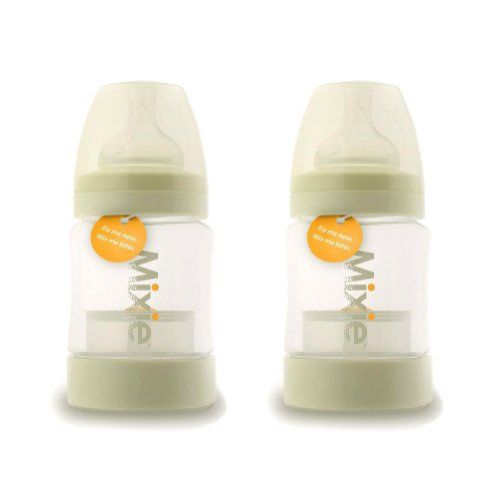 And unless you're pumping breast milk and giving it to your baby, there's no need for bottles, nipples, and other supplies that can be costly. Since breastfed babies are less likely to be sick, that may mean they make fewer trips to the doctor's office, so fewer co-pays and less money are paid for prescriptions and over-the-counter medicines.
And unless you're pumping breast milk and giving it to your baby, there's no need for bottles, nipples, and other supplies that can be costly. Since breastfed babies are less likely to be sick, that may mean they make fewer trips to the doctor's office, so fewer co-pays and less money are paid for prescriptions and over-the-counter medicines.
Different tastes. Nursing mothers usually need 300 to 500 extra calories per day, which should come from a wide variety of well-balanced foods. This introduces breastfed babies to different tastes through their mothers' breast milk, which has different flavors depending on what their mothers have eaten. By tasting the foods of their "culture," breastfed infants more easily accept solid foods.
Convenience. With no last-minute runs to the store for more formula, breast milk is always fresh and available whether you're home or out and about. And when women breastfeed, there's no need to wash bottles and nipples or warm up bottles in the middle of the night.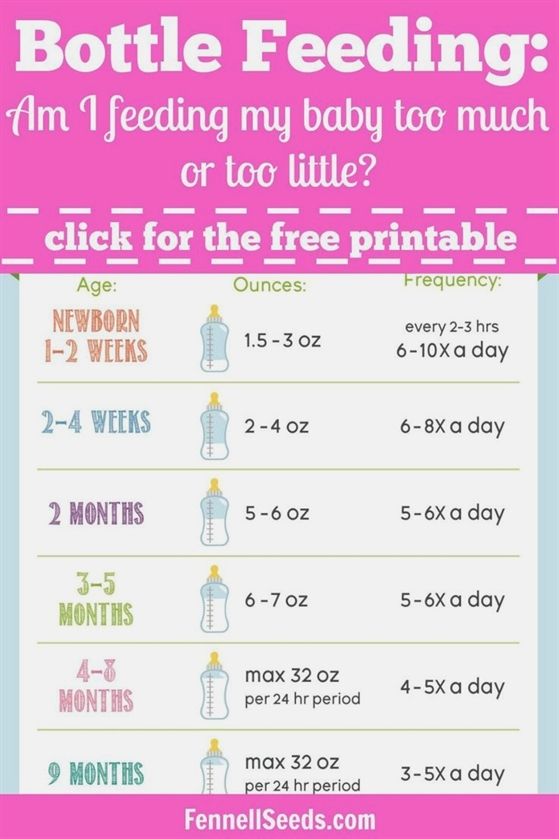
Smarter babies. Some studies suggest that children who were exclusively breastfed have slightly higher IQs than children who were formula fed.
"Skin-to-skin" contact. Many nursing mothers really enjoy the experience of bonding so closely with their babies. And the skin-to-skin contact can enhance the emotional connection between mother and infant.
Beneficial for mom, too. The ability to totally nourish a baby can help a new mother feel confident in her ability to care for her baby. Breastfeeding also burns calories and helps shrink the uterus, so nursing moms may be able to return to their pre-pregnancy shape and weight quicker. Also, studies show that breastfeeding helps lower the risk of breast cancer, high blood pressure, diabetes, and cardiovascular disease, and also may help decrease the risk of uterine and ovarian cancer.
p
Breastfeeding Challenges
Breastfeeding can be easy from the get-go for some mothers, but take a while to get used to for others. Moms and babies need plenty of patience to get used to the routine of breastfeeding.
Moms and babies need plenty of patience to get used to the routine of breastfeeding.
Common concerns of new moms, especially during the first few weeks and months, may include:
Personal comfort. Initially, many moms feel uncomfortable with breastfeeding. But with proper education, support, and practice, most moms overcome this.
Latch-on pain is normal for the first week to 10 days, and should last less than a minute with each feeding. But if breastfeeding hurts throughout feedings, or if their nipples and/or breasts are sore, it's a good idea for breastfeeding mothers to get help from a lactation consultant or their doctor. Many times, it's just a matter of using the proper technique, but sometimes pain can mean that something else is going on, like an infection.
Time and frequency of feedings. Breastfeeding requires a big time commitment from mothers, especially in the beginning, when babies feed often. A breastfeeding schedule or the need to pump breast milk during the day can make it harder for some moms to work, run errands, or travel.
And breastfed babies do need to eat more often than babies who take formula, because breast milk digests faster than formula. This means mom may find herself in demand every 2 or 3 hours (maybe more, maybe less) in the first few weeks.
Diet. Women who are breastfeeding need to be aware of what they eat and drink, since these can be passed to the baby through the breast milk. Just like during pregnancy, breastfeeding women should not eat fish that are high in mercury and should limit consumption of lower mercury fish.
If a mom drinks alcohol, a small amount can pass to the baby through breast milk. She should wait at least 2 hours after a single alcoholic drink to breastfeed to avoid passing any alcohol to the baby. Caffeine intake should be kept to no more than 300 milligrams (about one to three cups of regular coffee) or less per day because it can cause problems like restlessness and irritability in some babies.
Maternal medical conditions, medicines, and breast surgery.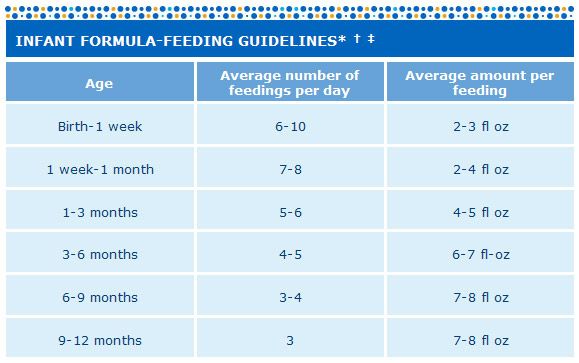 Medical conditions such as HIV or AIDS or those that involve chemotherapy or treatment with certain medicines can make breastfeeding unsafe. A woman should check with her doctor or a lactation consultant if she's unsure if she should breastfeed with a specific condition. Women should always check with the doctor about the safety of taking medicines while breastfeeding, including over-the-counter and herbal medicines.
Medical conditions such as HIV or AIDS or those that involve chemotherapy or treatment with certain medicines can make breastfeeding unsafe. A woman should check with her doctor or a lactation consultant if she's unsure if she should breastfeed with a specific condition. Women should always check with the doctor about the safety of taking medicines while breastfeeding, including over-the-counter and herbal medicines.
Mothers who've had breast surgery, such as a reduction, may have difficulty with their milk supply if their milk ducts have been severed. In this situation, a woman should to talk to her doctor about her concerns and work with a lactation specialist.
p
All About Formula Feeding
Commercially prepared infant formulas are a nutritious alternative to breast milk, and even contain some vitamins and nutrients that breastfed babies need to get from supplements.
Manufactured under sterile conditions, commercial formulas attempt to duplicate mother's milk using a complex combination of proteins, sugars, fats, and vitamins that aren't possible to create at home.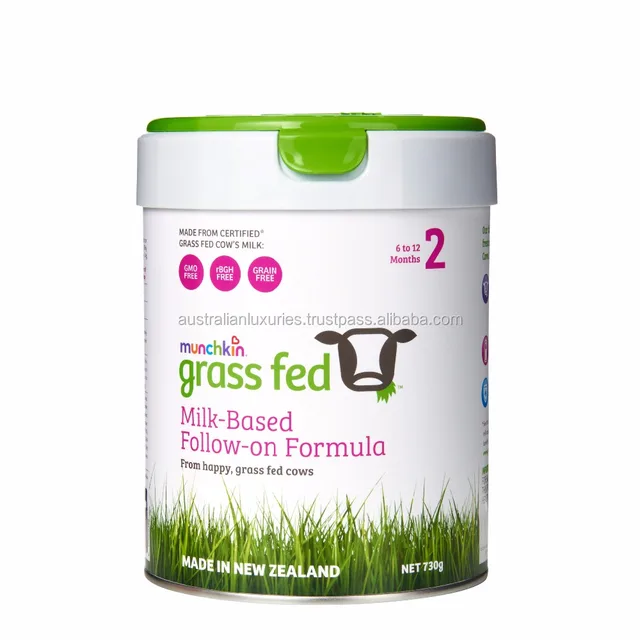 So if you don't breastfeed your baby, it's important to use only commercially prepared formula and not try to make your own.
So if you don't breastfeed your baby, it's important to use only commercially prepared formula and not try to make your own.
Besides medical concerns that may prevent breastfeeding, for some women, breastfeeding may be too difficult or stressful. Here are other reasons women may choose to formula feed:
Convenience. Either parent (or another caregiver) can feed the baby a bottle at any time (although this is also true for women who pump their breast milk). This allows mom to share the feeding duties and helps her partner to feel more involved in the crucial feeding process and the bonding that often comes with it.
Flexibility. Once the bottles are made, a formula-feeding mother can leave her baby with a partner or caregiver and know that her little one's feedings are taken care of. There's no need to pump or to schedule work or other obligations and activities around the baby's feeding schedule. And formula-feeding moms don't need to find a private place to nurse in public.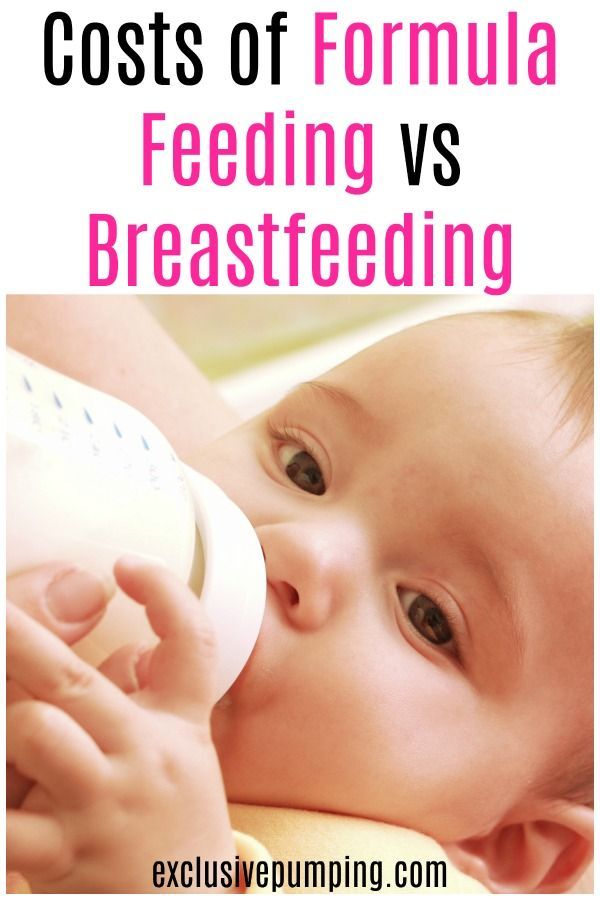
Time and frequency of feedings. Because formula is less digestible than breast milk, formula-fed babies usually need to eat less often than breastfed babies.
Diet. Women who opt to formula feed don't have to worry about the things they eat or drink that could affect their babies.
page 7
Formula Feeding Challenges
As with breastfeeding, there are some challenges to consider when deciding whether to formula feed.
Lack of antibodies. None of the antibodies found in breast milk are in manufactured formula. So formula can't provide a baby with the added protection against infection and illness that breast milk does.
Can't match the complexity of breast milk. Manufactured formulas have yet to duplicate the complexity of breast milk, which changes as the baby's needs change.
Planning and organization. Unlike breast milk — which is always available, unlimited, and served at the right temperature — formula feeding your baby requires planning and organization to make sure that you have what you need when you need it. Parents must buy formula and make sure it's always on hand to avoid late-night runs to the store.
Parents must buy formula and make sure it's always on hand to avoid late-night runs to the store.
And it's important to always have the necessary supplies (like bottles and nipples) clean, easily accessible, and ready to go — otherwise, you will have a very hungry, very fussy baby to answer to. With 8-10 feedings in a 24-hour period, parents can quickly get overwhelmed if they're not prepared and organized.
Expense. Formula can be costly. Powdered formula is the least expensive, followed by concentrated, with ready-to-feed being the most expensive. And specialty formulas (such as soy and hypoallergenic) cost more — sometimes far more — than the basic formulas. During the first year of life, the cost of basic formula can run about $1,500.
Possibility of producing gas and constipation. Formula-fed babies may have more gas and firmer bowel movements than breastfed babies.
Making a Choice
Deciding how you will feed your baby can be a hard decision.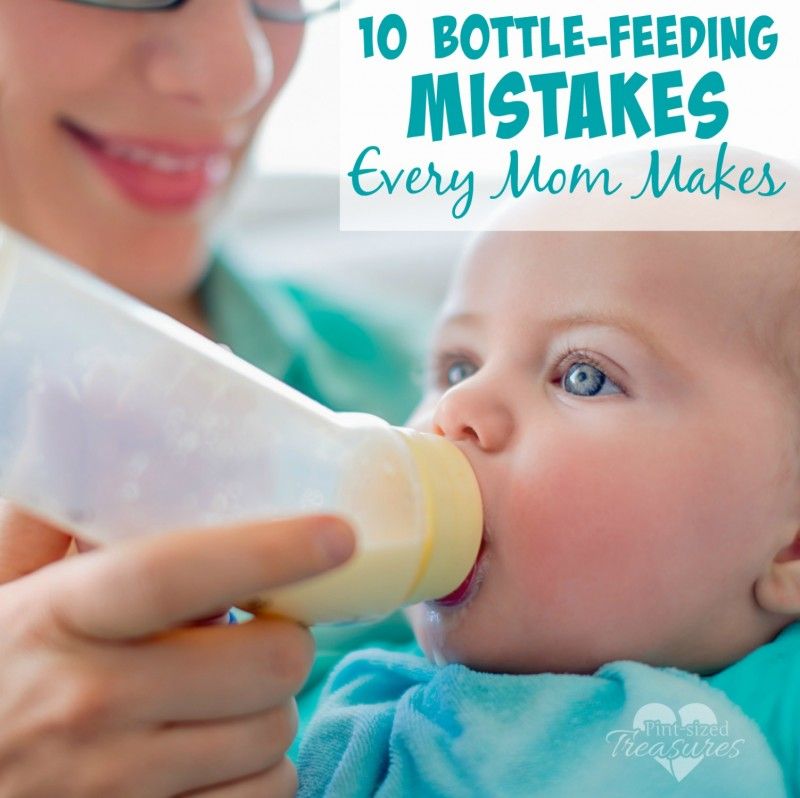 You'll really only know the right choice for your family when your baby comes.
You'll really only know the right choice for your family when your baby comes.
Many women decide on one method before the birth and then change their minds after their baby is born. And many women decide to breastfeed and supplement with formula because they find that is the best choice for their family and their lifestyle.
While you're weighing the pros and cons, talk to your doctor or lactation consultant. These health care providers can give you more information about your options and help you make the best decision for your family.
NAN® 2 Optipro Powdered milk formula for children from 6 months, 800g
NAN® 2 (NAN 2) Optipro powdered adapted milk formula with bifidus and lactobacilli for nutrition of children from 6 months, 800 g
Country of origin: Switzerland
Did you know that protein determines your child's health for life?
Protein has been scientifically proven to be one of the most important nutrients for your child's growth and development, including the formation of the brain, muscle tissue and other organs.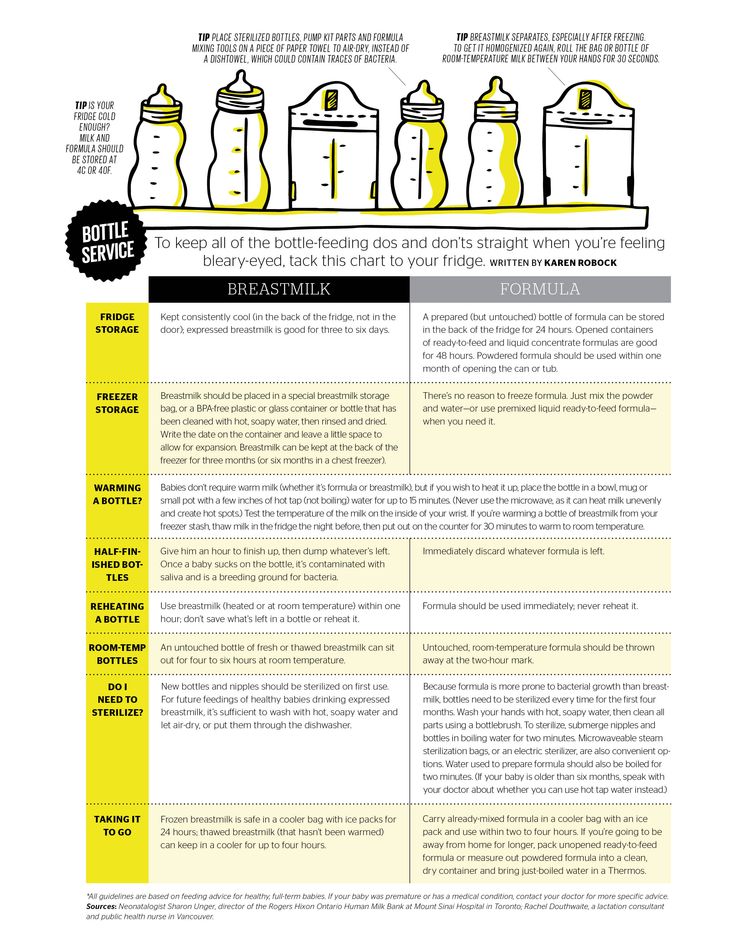 The quality and quantity of protein that a child receives from food will help lay a solid foundation for his health now and in the future. Properly selected protein in the mixture contributes to the formation of immunity and the development of the digestive system, as well as healthy weight gain.
The quality and quantity of protein that a child receives from food will help lay a solid foundation for his health now and in the future. Properly selected protein in the mixture contributes to the formation of immunity and the development of the digestive system, as well as healthy weight gain.
That's why proteins are called "the building blocks of life" and only with the highest quality protein can you lay a solid foundation for your child's development.
NAN ® OPTIPRO® 2 is a milk formula intended for feeding children from 6 months as a milk component of a child's diet along with complementary foods. Cannot serve as a substitute for breast milk during the first 6 months of life. Provides your child with all the nutrients necessary for his harmonious physical and mental development.
Product Benefits:
OPTIPRO® is an optimized protein complex found only in NAN®. Thanks to him, the child receives exactly the amount of protein needed for optimal growth and development, reducing the risk of overloading immature organs.
Live bifidobacteria BL help strengthen your baby's immunity.
DHA and ARA, two special fatty acids found in breast milk, play an important role in your baby's immune system and promote brain and vision development.
The ideal food for an infant is mother's milk. Breastfeeding should continue as long as possible. Please seek the advice of a healthcare professional before deciding to bottle feed with infant formula. Age limits are indicated on product packaging in accordance with Russian law. NAN® 2 formula is designed to feed healthy babies from 6 months of age when breastfeeding is not possible. NAN® 2 cannot be used as a substitute for human milk during the first 6 months of life.
The product is made from raw materials produced by specially selected suppliers, without the use of genetically modified ingredients, preservatives, colors and flavors.
Ingredients: Skimmed milk, maltodextrin, demineralized whey, oil blend (sunflower, low erucic rapeseed, coconut, Mortierella Alpina oil), milk fat, lactose, calcium citrate, soy lecithin, potassium phosphate, calcium phosphate, fish oil, citrate magnesium, vitamins (C, E, pantothenic acid, PP, B1, A, B6, B2, D3, K1, folic acid, biotin, B12), potassium chloride, potassium citrate, sodium citrate, sodium chloride, iron sulfate, lactobacillus culture (not less than 106 CFU/g), zinc sulfate, culture of bifidobacteria (not less than 106 CFU/g), copper sulfate, potassium iodide, sodium selenate.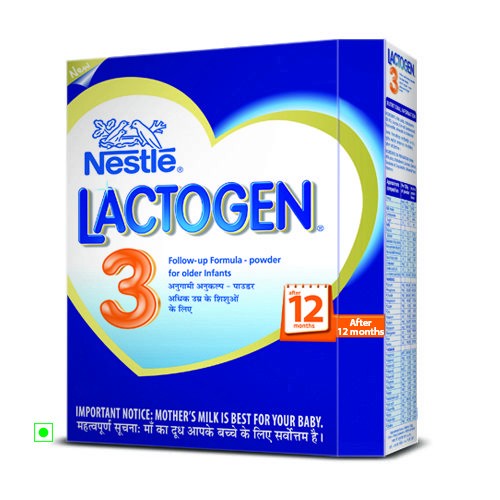
Before and after opening, store the product at a temperature not exceeding 25 ℃ and relative humidity not more than 75%. The contents of the jar should be used within 3 weeks after opening, it is not recommended to store in the refrigerator. Shelf life: 2 years. Date of manufacture (MAN), expiration date (EXP) and lot number are printed on the bottom of the can.
Warning. The mixture should be prepared immediately before feeding. Follow the cooking instructions exactly. The diluted mixture remaining after feeding is not subject to storage and subsequent use. During feeding, it is necessary to support the child so that he does not choke. When your baby is older, switch to cup feeding. Warning. The use of unboiled water and unboiled bottles, as well as improper storage, transportation, preparation and feeding can lead to adverse health consequences for the child. Note. To keep the bacteria alive, the boiled water should be cooled to about body temperature (37℃) and then the dry powder should be added.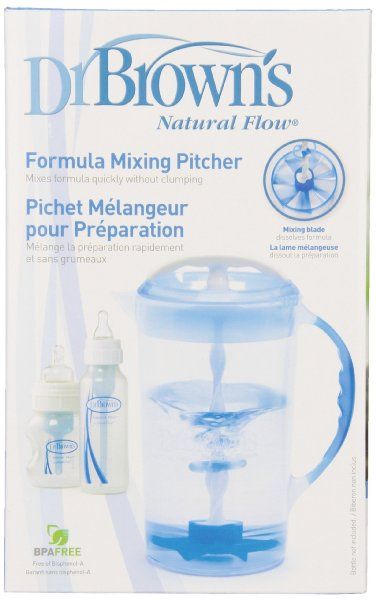 To prepare the mixture, you must use the enclosed measuring spoon, filled without a slide. Dilution of the wrong amount of powder - more or less than the amount indicated in the table - can lead to dehydration of the child's body or malnutrition. These proportions should not be changed without the advice of a medical professional. At this age, it is often recommended to gradually introduce cereals, vegetables, fruits, meat and fish into the child's diet. Because of individual differences in the needs of children, seek the advice of a healthcare professional. If your doctor recommends an earlier introduction of new products, reduce the amount of formula as recommended.
To prepare the mixture, you must use the enclosed measuring spoon, filled without a slide. Dilution of the wrong amount of powder - more or less than the amount indicated in the table - can lead to dehydration of the child's body or malnutrition. These proportions should not be changed without the advice of a medical professional. At this age, it is often recommended to gradually introduce cereals, vegetables, fruits, meat and fish into the child's diet. Because of individual differences in the needs of children, seek the advice of a healthcare professional. If your doctor recommends an earlier introduction of new products, reduce the amount of formula as recommended.
Formulas for formula-fed babies
Submitted by Ilya Danshyn on Mon, 11/08/2021 - 09:36
Not all babies can get their mother's milk. The most common reasons for restricting or stopping breastfeeding and switching a baby to formula are a serious illness, hospitalization, or other emergency. In extremely rare cases, the cause may be the presence in women of contraindications to breastfeeding or the lack of milk (less than 5%).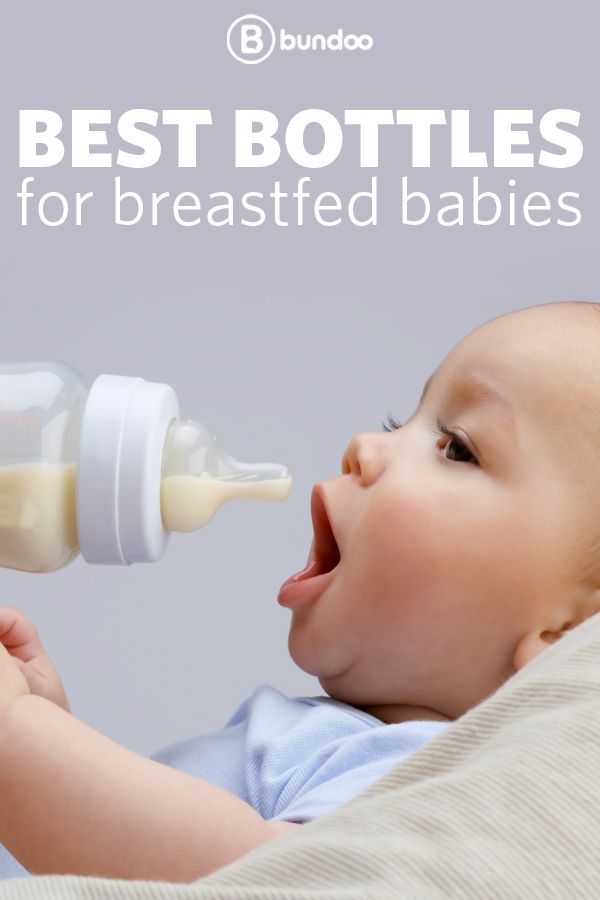
If artificial feeding is your conscious choice, we remind you once again that breast milk is the optimal nutrition that best ensures the normal growth and development of the child; breastfeeding lays the foundation for a high level of health for life! Breast milk is food that is always available, hygienically safe, at the right temperature, and free. In the first six months of life, this is the food and liquid that the baby needs.
Why does a formula-fed baby need formula and not cow's milk?
Most infant formulas are made with cow's milk modified to meet the needs of the baby; in terms of the quantity and quality of the main ingredients - proteins, fats and carbohydrates - they are close to the composition of breast milk; Formulas are supplemented with vitamins, minerals, certain fats, and a host of other ingredients to meet the nutritional needs of infants.
Some formulas contain other additives, such as omega-3 fatty acids, antioxidants, prebiotics and probiotics - this is also necessary in order to achieve a similar composition to breast milk.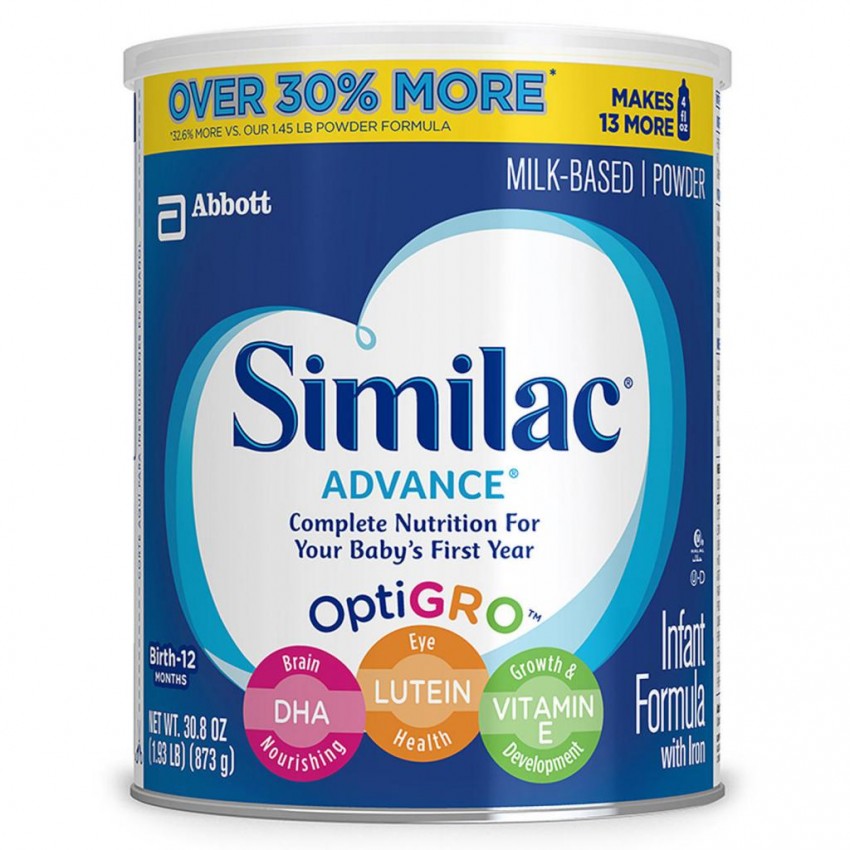 However, the effect of these ingredients will not necessarily be the same as the same components found in breast milk.
However, the effect of these ingredients will not necessarily be the same as the same components found in breast milk.
If you are not breastfeeding, give cow's milk formula during the first year of life. Before 12 months, cow's milk should not be given to the child as the main food (only a small amount is acceptable when preparing non-dairy dishes). The same applies to sheep and goat milk.
Powdered, skimmed or condensed milk is not recommended for baby food! Do not feed your baby milk substitutes such as soy, rice, almond or coconut milk.
If you are planning to give your baby other milk instead of breast milk or formula, talk to your pediatrician!
Formulations
Formulas for artificial feeding of a child must meet strict international and national quality standards. They are similar in quality and nutritional value, suitable for most children. Mixtures of some brands may cost more than others, but this does not mean that they should be given preference.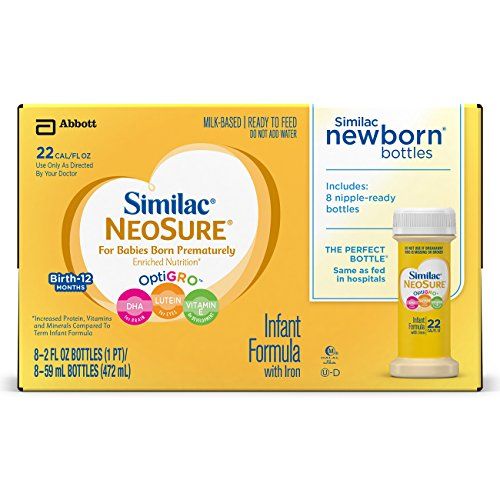 The mixture fed to a newborn in the hospital is not necessarily the best for the baby.
The mixture fed to a newborn in the hospital is not necessarily the best for the baby.
First formulas (1) are recommended for infants under 6 months of age. After this age, manufacturers recommend 2 formulas that support the further growth of the child. Despite the differences in the composition of formulas 1 and 2, as well as in the case of breast milk, the composition of which changes as the child grows, it is not necessary to switch to the second one as soon as the baby is 6 months old, especially if you have not yet used up the supply of the first formula.
Manufacturers also offer formula for babies over 12 months old (known as formula 3). A child older than one year does not need formula.
Specialty formulas
- There are many varieties of dairy and non-dairy formulas designed for children with various temporary functional problems such as vomiting, colic, constipation and others.
- Hypoallergenic formulas instead of cow's milk protein contain hydrolyzed proteins broken down into smaller components; this is done to reduce the risk of developing an allergy to cow's milk.
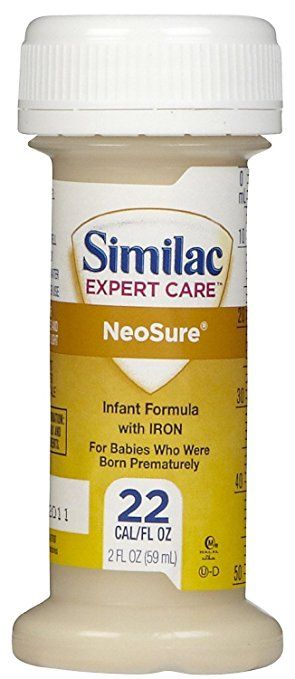 The views of experts on these mixtures are divided. According to some, there is no evidence that hypoallergenic formula feeds prevent allergies in children. Others recommend that in cases where a mixture is indispensable, the first one should be hypoallergenic.
The views of experts on these mixtures are divided. According to some, there is no evidence that hypoallergenic formula feeds prevent allergies in children. Others recommend that in cases where a mixture is indispensable, the first one should be hypoallergenic. - For children with a confirmed cow's milk protein allergy, a fully hydrolysed formula is recommended, taking into account the detailed recommendations of a specialist physician.
- Specialized formulas are available for feeding premature babies and babies with certain diseases and disorders; such infants are fed strictly according to the recommendations and under the supervision of a doctor.
The type of formula for the child is determined by the pediatrician. It is not recommended to change it yourself. Replacing the mixture may cause some disorders in the child (colic, constipation, flatulence, vomiting) or violation of the feeding regimen due to a change in the taste of food. If your doctor has changed the formula, read the instructions carefully as the size of the scoops and how you prepare different formulas can vary.


